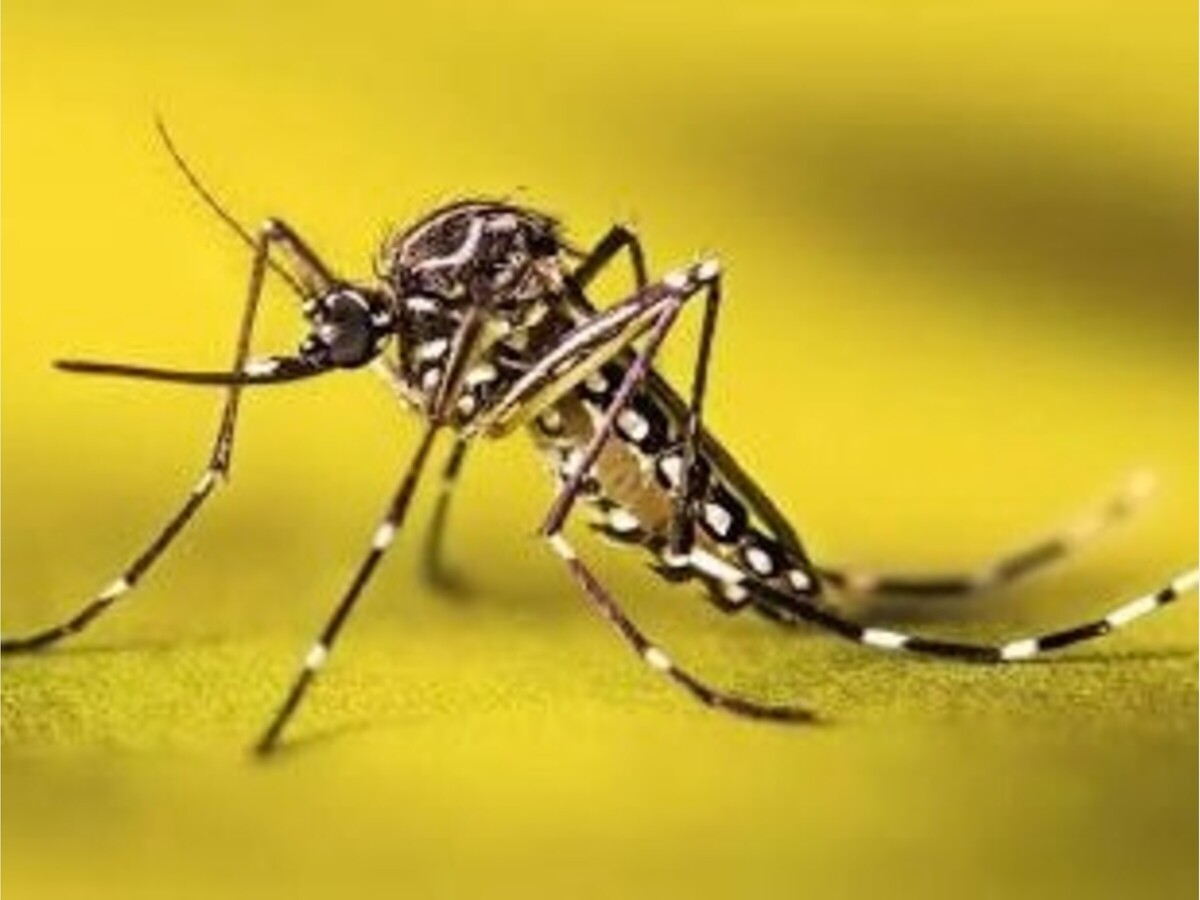Image

The Maryland Department of Agriculture’s Mosquito Control Program emphasizes the importance of proactive measures to reduce mosquito populations. Aside from being nuisances, mosquitoes can also carry diseases harmful to humans and animals, including West Nile Virus and Eastern Equine Encephalitis. Here are some steps you can take:
Eliminate Standing Water: After heavy rains, containers that hold rainwater become prime locations for mosquitoes to lay their eggs. Spend just five minutes a day ensuring water containers on your property are empty. This simple action can significantly reduce the number of mosquitoes in your yard later in the summer.
Target Breeding Locations: Maryland’s biggest nuisance mosquito, the Asian Tiger Mosquito (Aedes albopictus), breeds in anything that holds rainwater. Look out for toys, tarps, abandoned swimming pools, and plastic gutter extenders. Cover gutter extenders with fine mesh material and a rubber band, and clean leaves and debris out of them twice a year. For items that cannot be dumped, consider using biorational larvicides like Mosquito Dunks or Mosquito Torpedoes, available at most hardware stores.
Wear Protective Clothing: When outdoors, wear long sleeves and long pants. Use least-toxic mosquito repellents such as oil of lemon eucalyptus or Picaridin. These are registered by the US EPA. You can also try essential oil-based repellents sold in health food stores.
Avoid Dusk and Dawn: Mosquitoes are most active during dusk and dawn. Try to limit your outdoor activities during these times.
Use Fans: Fans can help keep mosquitoes away. Consider using them when spending time outdoors.
If you do get bitten by a mosquito:
Avoid Scratching: Scratching mosquito bites can lead to infection. Instead, apply an over-the-counter anti-itch cream or calamine lotion.
Cold Compress: Apply a cold compress to reduce itching and swelling.
Antihistamines: Over-the-counter antihistamines can help relieve itching.
Seek Medical Attention: If you experience severe symptoms, such as fever, headache, or joint pain after a mosquito bite, seek medical attention promptly.
Maryland residents can play an active role in mosquito control by following these guidelines. Let’s protect ourselves and our communities from mosquito-borne diseases! 🦟
Images from Smithsonian
For more information, visit the Maryland Department of Agriculture’s Mosquito Control Program webpage. Additionally, learn about mosquito-borne diseases and West Nile virus on the Maryland Department of Health’s website.